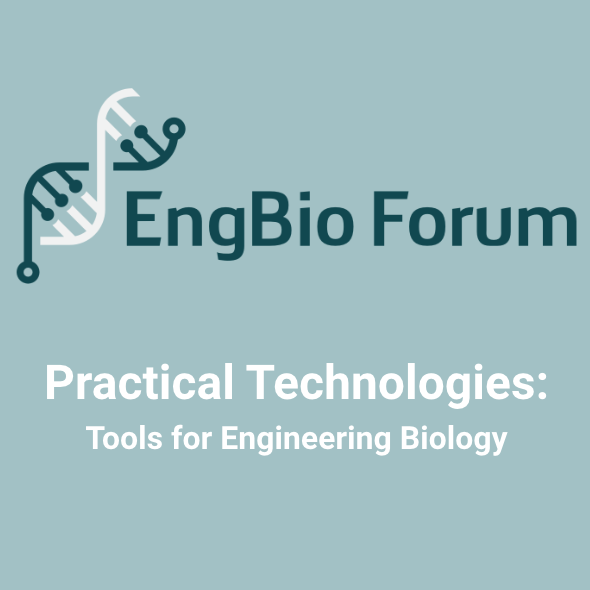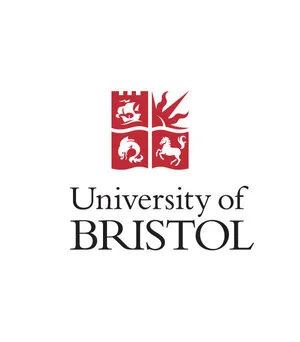Low-Cost Microscopes
Smart microscopy for everyone with the OpenFlexure Microscope
Dr Richard Bowman
Dr Richard Bowman is a Royal Society URF and Proleptic Reader at the University of Bath, who works on lab automation, microscopy, and open source hardware. He has led the OpenFlexure project over the last 6 years, from Friday-afternoon prototype to a well tested design that’s been replicated hundreds of times and is under evaluation for malaria diagnostics in Tanzania. He is passionate about the benefits that smarter equipment can bring to scientific research, particularly when it is coupled with researchers who are able to automate it. He hopes that the hardware and software innovations that make the OpenFlexure microscope a useful research tool will “trickle up” to more expensive and conventional projects, as we move towards a more open and interconnected ecosystem of scientific instruments in our labs.
UC2 - an open source system for optics (The power in your pocket)
Dr Benedict Diederich
With UC2 (“You. See. Too”) and “cellSTORM'' the team around Benedict Diederich at the Leibniz Institute for Photonic Technology Jena in Germany have successfully demonstrated that cutting-edge microscopy can be realized for a fraction of the cost of commercial devices using open-source hard- and software. Establishing quality standards and encouraging other researchers to use open-source in their research is one of the key aspects of his research.
Science lives from the curiosity to get to the bottom of problems and from the subsequent discussion, where scientists exchange knowledge and opinions to finally come up with new questions. However, as a recent study showed, the vast majority of the experiments conducted within publications can often only be replicated partially, if at all, which contributes to the rising disbelief from society into scientific practice [1].
The high level of exclusivity of scientific experiments often due to a lack of available instruments and knowledge of their use, as well as their high cost, makes it impossible for many researchers to replicate their experiments. Particularly in high-resolution microscopy, which is an essential tool for many different scientific disciplines such as cell biology or biochemistry this is a problem to be solved if we aim for realistic interdisciplinary scientific exchange. Our ever-growing open-source optical toolbox UC2 ("You.See.Too.") [2] shows that this is not only important but also possible.
With UC2, we are trying to democratize optics and microscopy in particular. To achieve this, UC2 relies on widely available components and 3D-printed parts so that it can be easily built by anyone, anywhere. Through online platforms such as GitHub [3], we enable anyone to use, replicate, and customize it for individual purposes open-source licenses. Additionally, we invite users from around the world to share their designs with the community in order to create an iterative and decentralized optimization loop. This way, completely new collaborations can be created, from the field of education to the realm of cutting-edge biology. In the ongoing Corona pandemic, we were able to show that state-of-the-art microscopic imaging can be realized even where access to such equipment is very limited, but no less urgently necessary. Also, we were able to detect and even optically resolve the SARS-CoV2 coronavirus in the high-safety biological laboratory.
The open-source nature of UC2 allows connecting with other open projects to unite the expertise of scientists from around the world, together with approaching the goal of making cutting-edge tools available to all. Additionally scaling up the production of the UC2-components and organizing interdisciplinary workshops, we hope to lower the entry barriers to get creative with optics and think science easily “out of the box”.
[1] Baker, M. 1,500 scientists lift the lid on reproducibility. Nature 533, 452–454 (2016).
https://doi.org/10.1038/533452a
[2] Diederich, B., Lachmann, R., Carlstedt, S. et al. A versatile and customizable low-cost 3D-printed open
standard for microscopic imaging. Nat Commun 11, 5979 (2020).
https://doi.org/10.1038/s41467-020-19447-9
[3] UC2 GitHub Repository: https://github.com/bionanoimaging/UC2-GIT

















